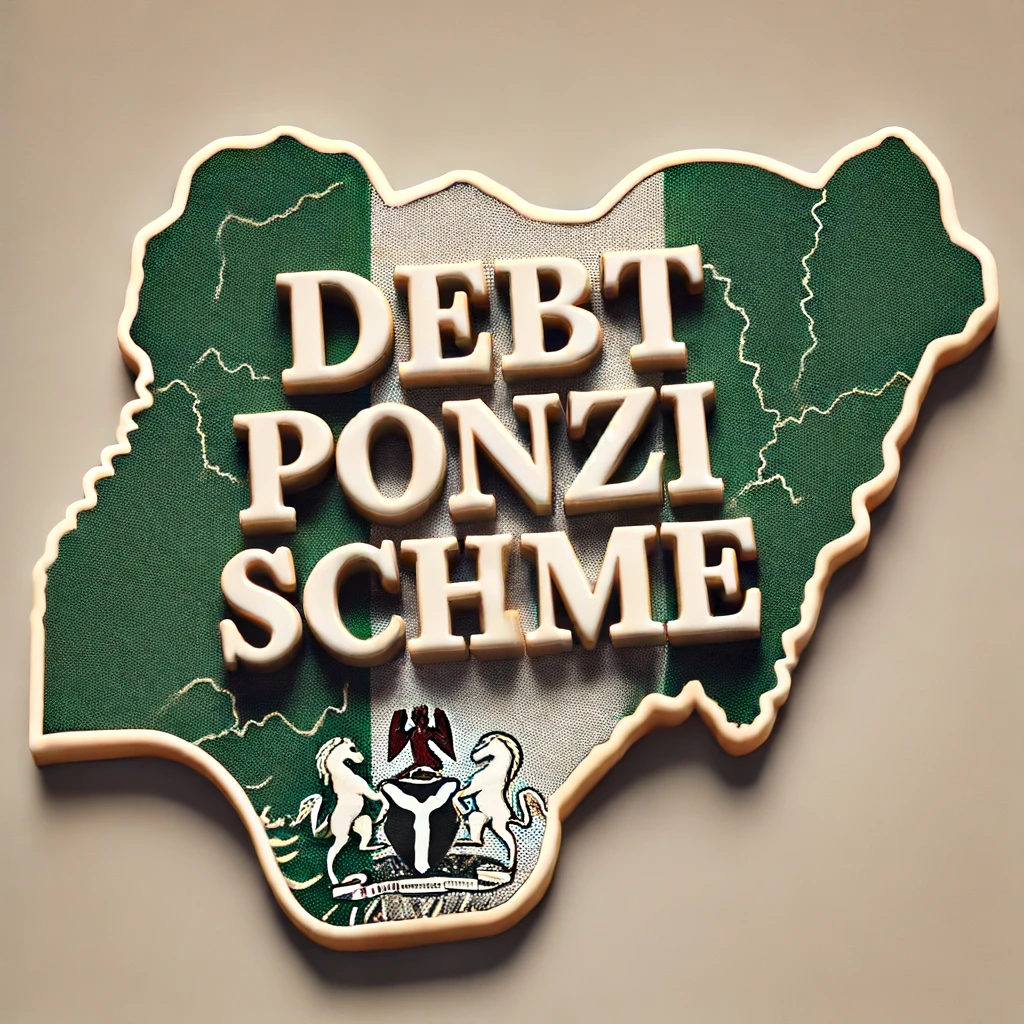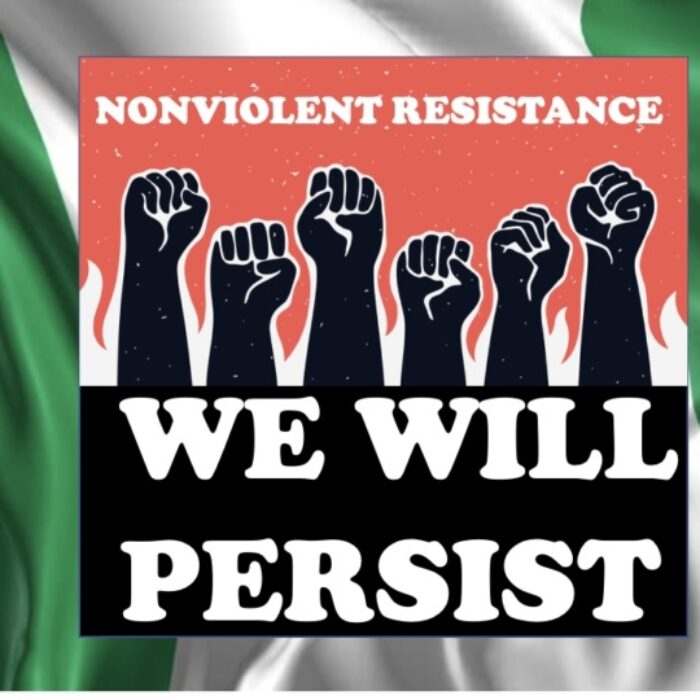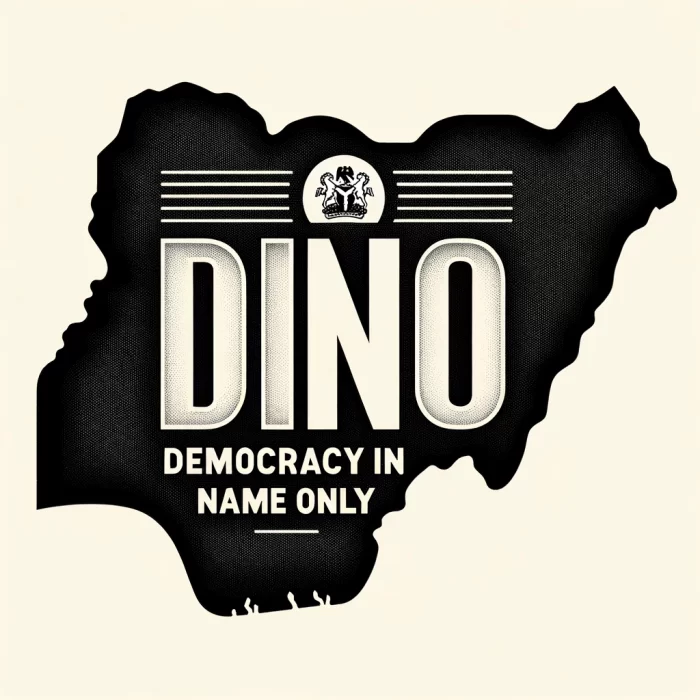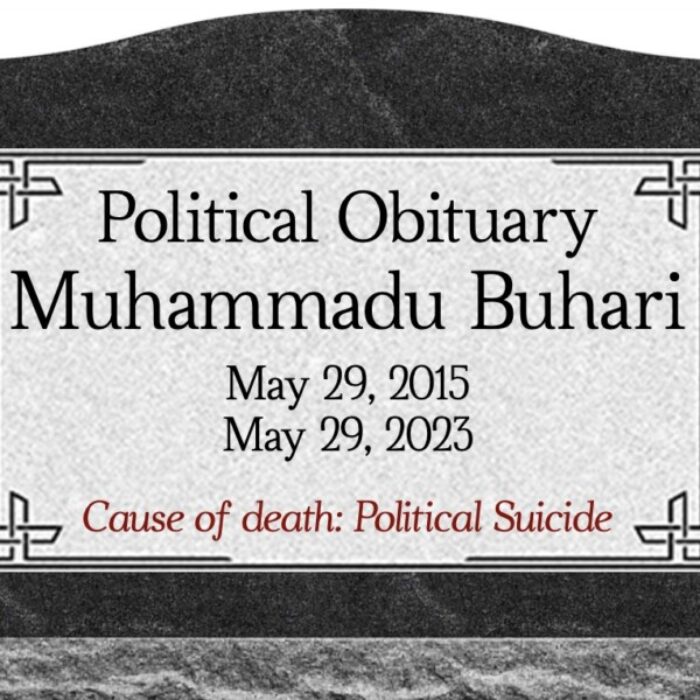By Noah Udoffia
The Tinubu administration is touting the latest tranche of $2.25 billion loan from the World Bank as a sign of confidence in his government and the country’s financial health.
Nothing could be further from the truth.
Nigeria is on the brink of a catastrophic financial meltdown and is likely to default unless urgent, stringent measures are taken. Given the current trajectory of wasteful spending, defaulting is unavoidable.
These loans are merely attempts to prop up the country and buy time, hoping for miraculous changes to alter the government’s current trajectory. It is nothing more than magical thinking, a futile effort to revive a dying patient in a permanent state of coma.
President Tinubu and his World Bank advisers are looking for a quick fix, ignoring the fundamental issues that require deep and comprehensive reforms to ensure long-term stability and prosperity.
I have outlined a ten-point agenda for the administration to avert this looming disaster.
Some analysts, including myself, draw a troubling parallel between Nigeria’s borrowing practices and a Ponzi scheme. It appears that the Tinubu administration is perpetuating a cycle of debt, relying on new loans from new creditors to service existing debts, rather than channeling these funds into productive projects that could stimulate economic growth and development.
This unsustainable cycle of rolling over debt without achieving meaningful economic progress or meeting the developmental goals set by lenders raises serious concerns.
Even with this substantial borrowing, Nigeria remains a challenging place for our citizens. The country’s misery index, which combines unemployment and inflation rates, paints a grim picture.
Eventually, and likely sooner rather than later, this scheme will collapse once new loans become unavailable. The outcome will be disastrous, raising the critical question: Who will be left holding the bag?
When the Ponzi scheme unravels, Nigerian citizens will disproportionately bear the brunt. The government will struggle to fund essential services and will resort to printing more money, inevitably resulting in higher inflation. Ordinary people will face higher cost of basic necessities, taxes, unemployment, poverty, and reduced public services.
Moreover, a halt in lending would trigger unprecedented bank runs, bank failures, lost deposits, collapsing the financial system, devastating the economy, and potentially destabilizing the nation and neighboring countries. This would cause immense suffering and massive social unrest.
This looming crisis should alarm every Nigerian, as its devastating consequences will affect everyone, sparing no one. It will be a situation where it’s every man for himself.
The World Bank and IMF are complicit in propping up failing economies with a false safety net. Case studies like Argentina, Indonesia, and Venezuela show that lending to distressed nations inevitably leads to default, economic collapse, and social chaos, with some lenders profiting before abandoning these devastated countries and leaving their citizens to suffer the long-term consequences.
Early Warning Signs
President Tinubu’s relentless borrowing provides a false safety net that diminishes the incentive for his administration to tackle high costs of running a bloated government bureaucracy, curbing wasteful spending, stimulating the economy, enhancing revenue generation, combating systemic corruption, and rectifying rampant mismanagement.
According to the Council on Foreign Relations, this false financial cushion allows corrupt practices to thrive, undermining efforts to improve governance and accountability. The World Bank itself has noted that foreign funds often end up misappropriated, with minimal improvements in infrastructure or public services.
As of 2023, Nigeria’s foreign debt stood at approximately $41 billion. The country spends about 96% of its revenue on debt servicing, equating to 4.2% of its GDP. This immense financial burden leaves little room for public investment, exacerbating economic instability.
A debt default seems inevitable due to several factors. A significant fall in oil prices is expected later this year, as OPEC+ increases production despite weak demand. This would severely impact Nigeria’s primary revenue stream and trigger demands for additional collateral, as Nigeria uses the value of its proven reserves as loan collateral, leading to severe financial strain and potential default.
Moreover, “vulture creditors” are already bailing out after exploiting high-interest rates on short-term government loans. This is a canary in the coal mine, signaling the disaster to come.
What Tinubu Must Do Urgently
To stabilize the economy and reduce dependency on foreign loans, the Tinubu administration must take immediate, practical actions:
- Reduce Expenditures: Cut the size of the administrative apparatus, merge or eliminate redundant ministries, and reduce salaries and allowances of the National Assembly to free up resources for essential services and development projects.
- Increase Taxes on the Wealthy: Generate revenue by taxing the wealthy, including commercialized religious institutions and leaders, as well as oil companies. Enforce current progressive tax system to ensure fair contributions to the national budget.
- Increase and Manage Oil Production: Boost oil production and ensure transparent management of oil revenues to strengthen the economy and promote equitable growth.
- Issue Patriotic Bonds: Raise funds from Nigerians worldwide by issuing patriotic bonds, fostering national pride and investment in the country’s future. The funds must be used to deliver tangible benefits for all Nigerians.
- Suspend Some Long-Term Projects: Halt major long-term projects like the Lagos-Calabar expressway and reallocate funds to agriculture and social welfare programs to alleviate poverty.
- Privatize Government Enterprises: Engage an independent investment bank to privatize remaining government enterprises, such as the NNPC, NTA, Nigerian Ports Authority, and FAAN. Invest proceeds in innovative ventures initiated by viable entrepreneurs and businesses.
- Implement Institutional Reforms: Strengthen mechanisms and enforce significant institutional reforms to ensure resources are used effectively and transparently.
- Develop and Implement a Robust Economic Strategy: Focus on investment and growing the productive economy. Emphasize entrepreneurship, innovation, manufacturing, agriculture, and high-value services. The government must create opportunities and incentives, remove regulatory and administrative barriers, protect intellectual property, ensure security, and stabilize the currency to attract foreign capital and empower businesses to grow profitably.
- Rebuild Infrastructure. Quality infrastructure and robust security are the bedrock of a successful economy. The government must partner with the private sector to rebuild dilapidated infrastructure, particularly in electricity and transportation. Without a reliable electricity supply and efficient transportation system, the economy will continue to falter.
- Curb Corruption and Waste: Addressing corruption and eliminating waste are crucial for economic stability. The Tinubu administration must implement stringent measures, including the death penalty for corruption offenders and severe penalties for tax cheaters, to ensure transparency and accountability across all sectors. By reducing corruption and waste, the government can free up resources for essential services and development projects, fostering a healthier and more sustainable economy.
By taking these steps, the Tinubu administration can build a more stable and self-sufficient economy, reducing reliance on international lenders and securing a brighter future for Nigeria. The path to recovery will be challenging, but with determination and effective leadership, the nation can overcome its current challenges and prosper.





